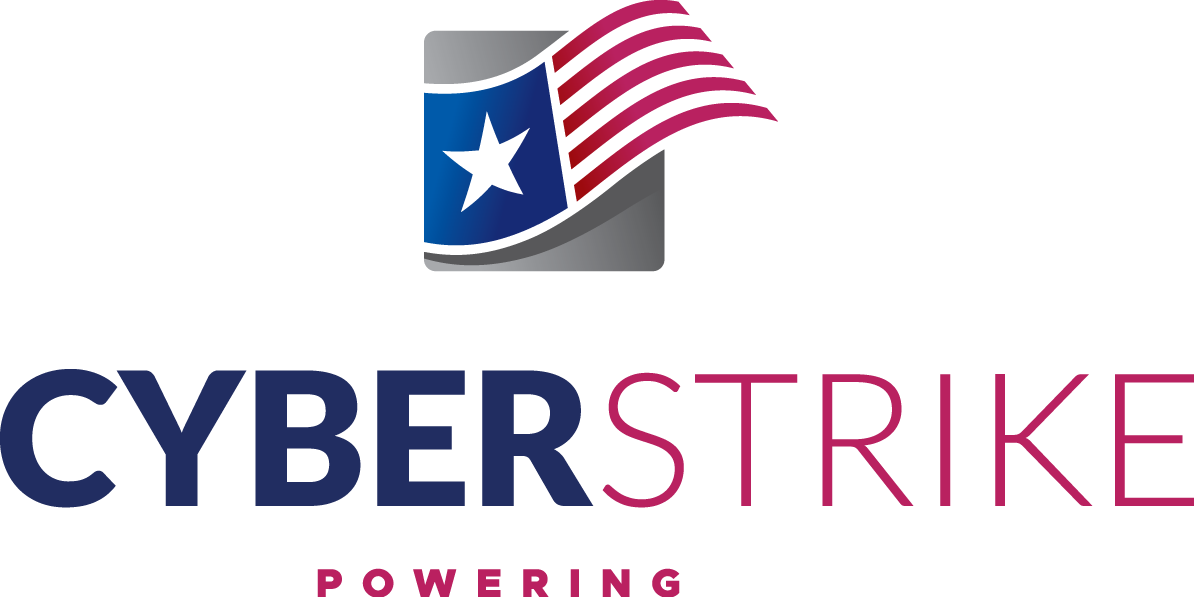
WE'RE UPDATING OUR SITE
We’re making improvements to serve you better. Please check back soon. In the meantime, feel free to reach out to us at hello@cyberstrikegroup.com.
If you're applying for a job, email careers@cyberstrikegroup.com with the job you're applying for and your resume.
Thank you for your patience.